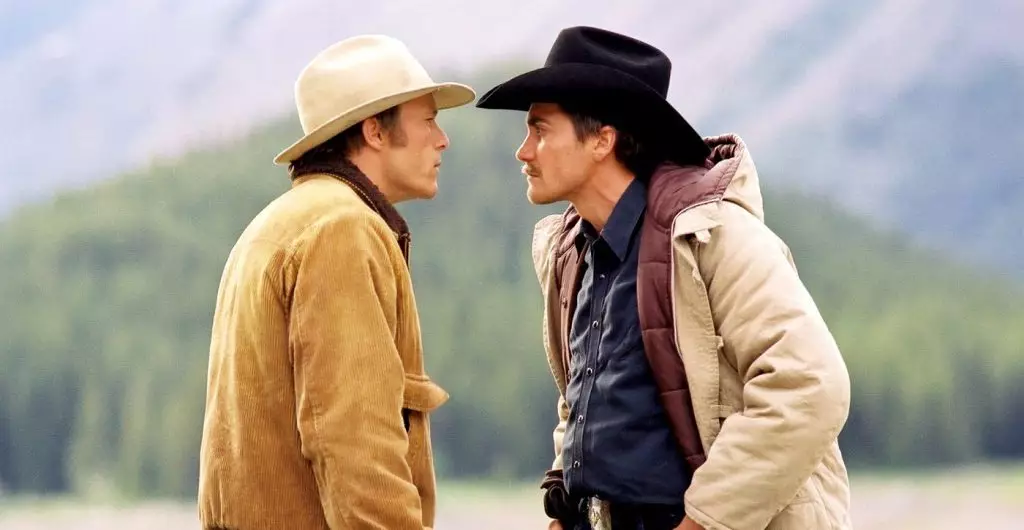“Brokeback Mountain,” a film that took the world by storm upon its release in 2005, has recently been re-released to commemorate its 20th anniversary. Directed by Ang Lee and featuring stellar performances by Heath Ledger and Jake Gyllenhaal, this film isn’t merely a love story; it represents a paradigm shift in the way we discuss love, masculinity, and societal norms. Its ability to evoke deep emotions while challenging prevailing stereotypes has rendered it a groundbreaking work that still resonates with audiences today.
Unlike many mainstream films that toy with narratives of love, “Brokeback Mountain” delves into the complexities of forbidden love. The tumultuous relationship between Ennis Del Mar and Jack Twist unfolds against the rugged backdrop of Wyoming’s mountains, symbolizing not only the beauty of love but also the constraints imposed by society. As we revisit this cinematic classic, it’s hard to ignore how it eloquently articulates the pain of unexpressed emotions and the devastating impact of societal rejection.
Artistry that Breaks Barriers
Ang Lee’s direction in “Brokeback Mountain” is nothing short of masterful. He manages to weave a narrative that is deeply human yet universal. The intricacies of love and longing are brought to life through a screenplay that captures the raw, unfiltered essence of emotion. Lee’s previous accolades, including an Oscar for “Crouching Tiger, Hidden Dragon,” seem to pale in comparison to the cultural magnitude of “Brokeback Mountain.” His adept storytelling allows viewers to engage with the characters on an emotional level, making their struggles feel intimately personal rather than distant.
Moreover, the film’s recognition at the Venice Film Festival and its subsequent Oscar nominations—including Best Picture—underline its critical acclaim. It’s an endurance test of emotional gravity that engages viewers and encourages them to reflect on their own biases and beliefs.
The Cultural Impact of a Controversial Film
Despite its monumental success, “Brokeback Mountain” wasn’t without its critics. The film faced backlash from individuals and groups resistant to its themes of queer love. However, it’s precisely this tension that amplifies its worth. By putting the struggle of love in the LGBTQ+ community front and center, the movie became not just a story, but a movement that spurred conversation and introspection around sexual orientation and identity.
As society continues to grapple with issues like acceptance and equality, the relevance of “Brokeback Mountain” is as potent now as it was two decades ago. It challenges us to confront our prejudices and re-evaluate our understanding of love.
A New Generation, A Renewed Message
With its 20th anniversary marking a significant milestone, new merchandise and initiatives are set to entice both loyal fans and a new generation of viewers. The discussion around the film encapsulates how far we’ve come and how much further we have to go in accepting diverse narratives. As younger audiences discover this poignant love story, they are offered a lens to understand the complexities of human relationships beyond mere physical attraction.
Ultimately, “Brokeback Mountain” serves as a reminder that love, in its myriad forms, transcends social constructs and prepares the ground for empathy. Its timeless themes continue to resonate, igniting discourse that is necessary for societal progression. The journey toward acceptance and understanding has only just begun, and this film serves as a guidepost for that unfolding narrative.

